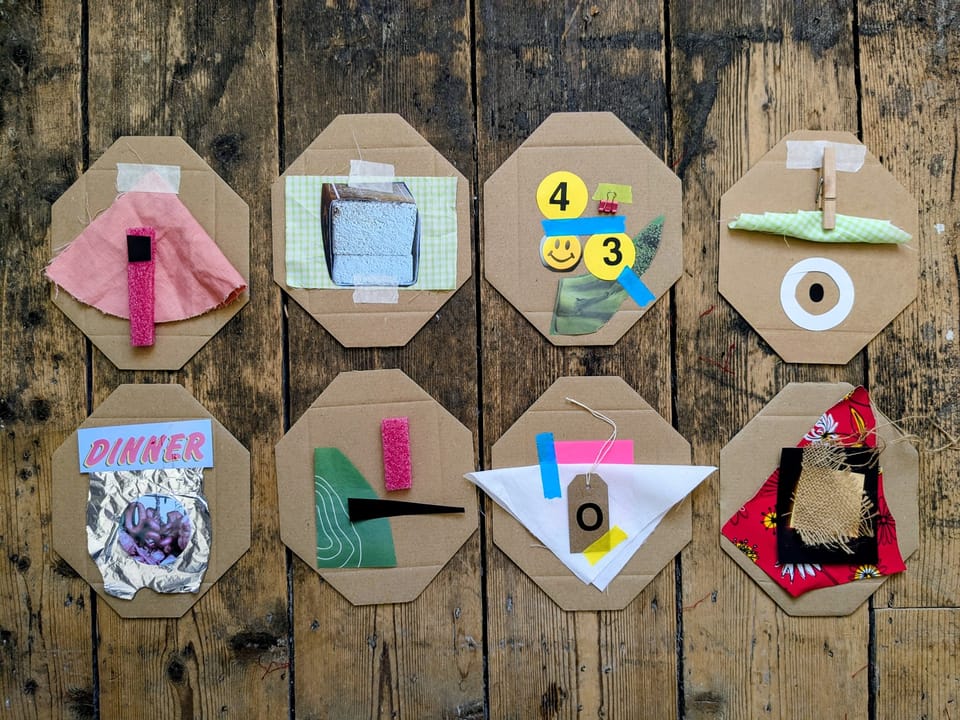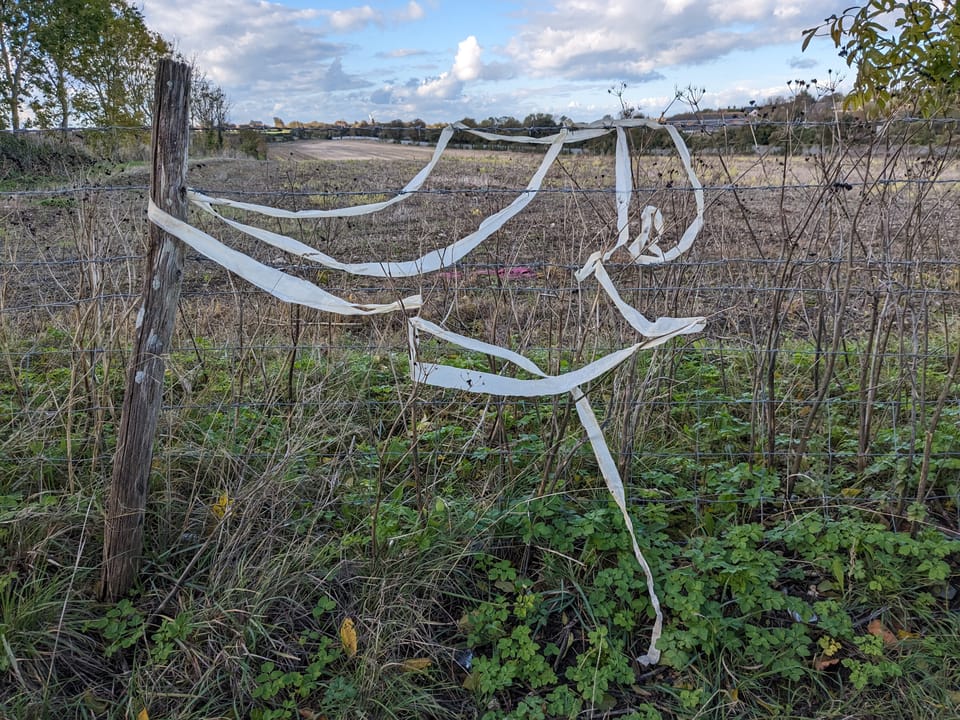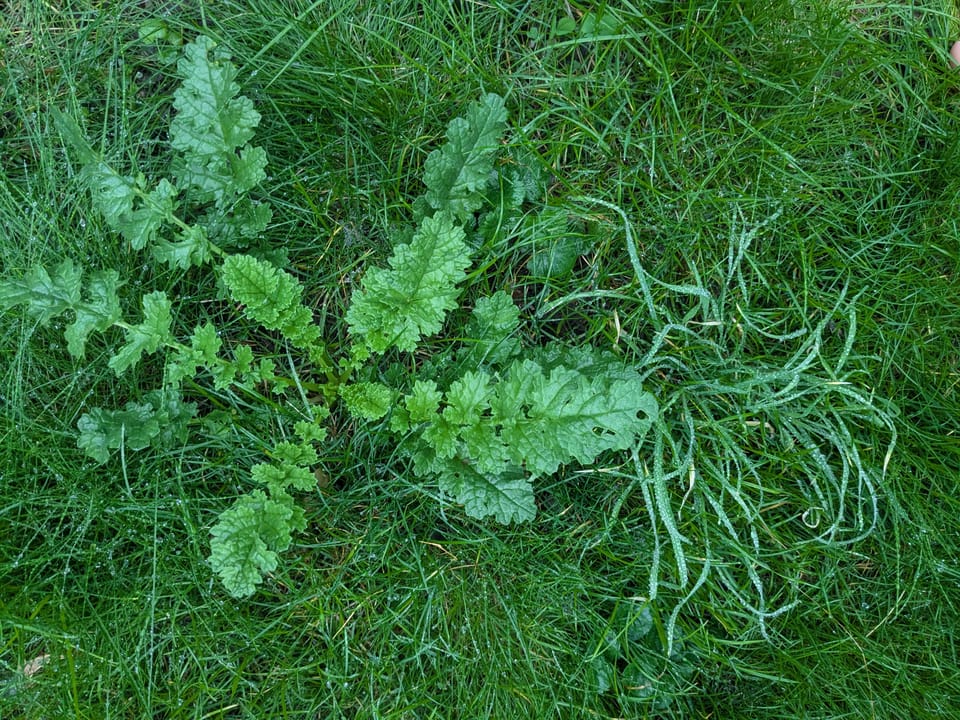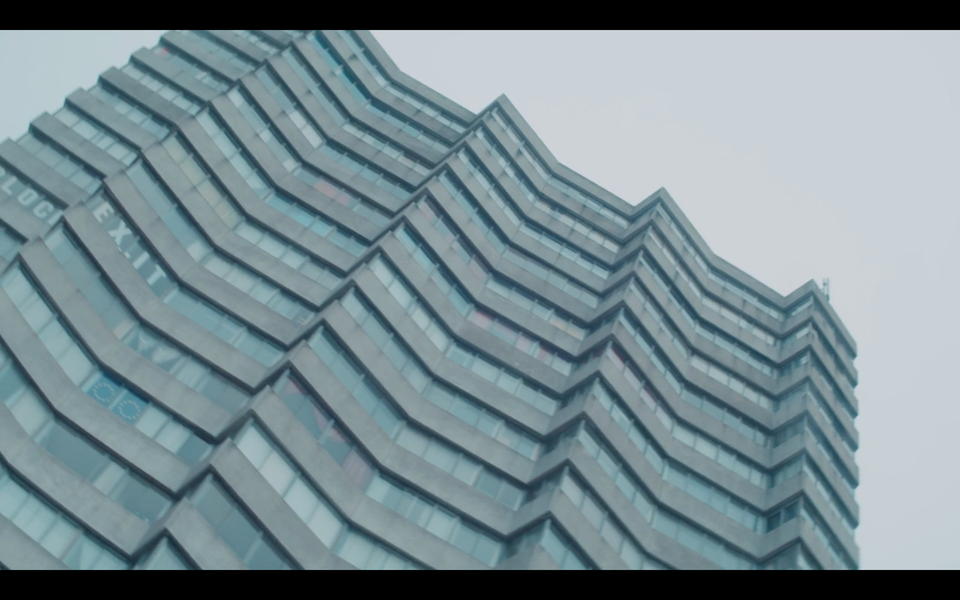What does it mean to be an artist?
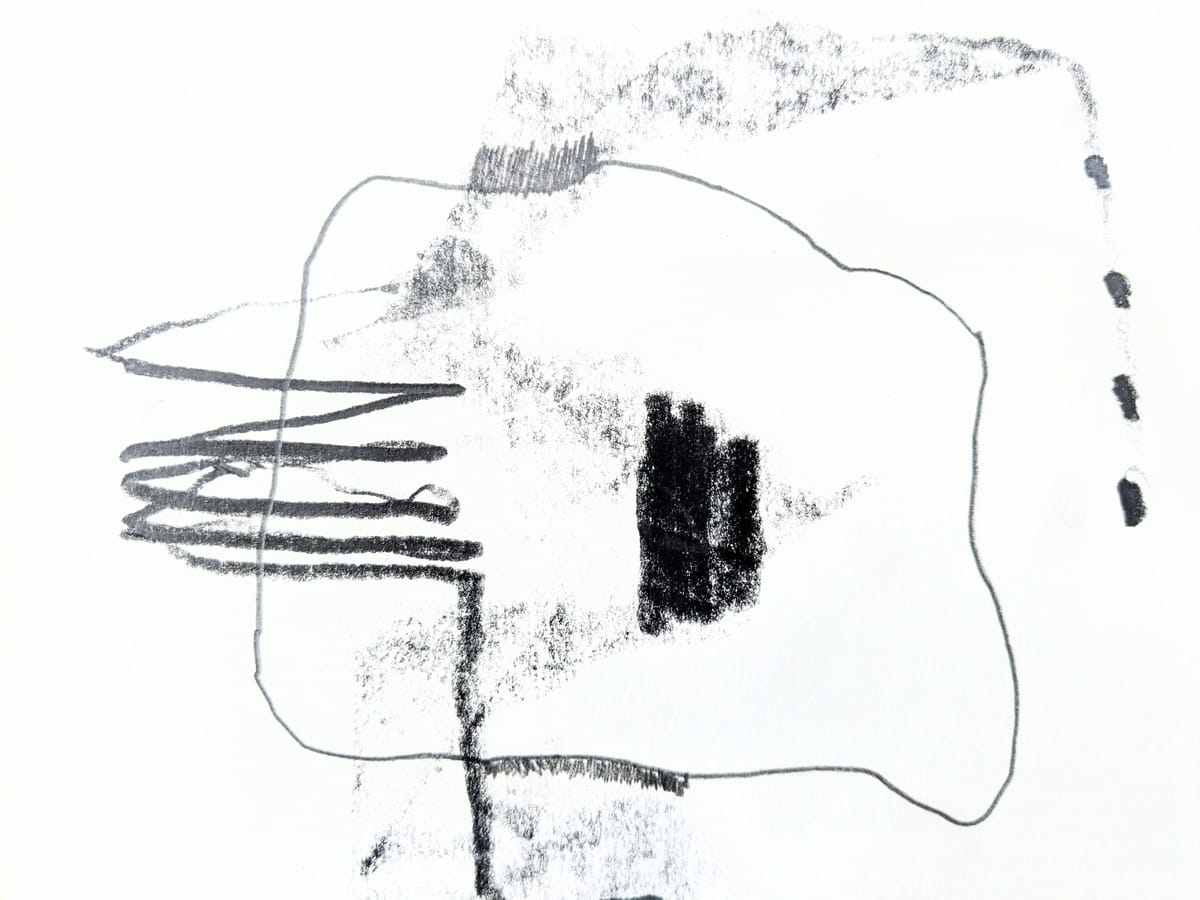
I’ve seen a few outrage posts about the lack of inclusion in the art world recently. Yes, let’s talk about working-class representation in the arts. But let’s also be real: the art world can’t be truly inclusive when it’s built on hierarchical and capitalist foundations that rely on exclusion and scarcity to sustain themselves. Until those structures shift, ‘inclusion’ will always be conditional, tokenistic at best, extractive at worst.
For a few years now I’ve avoided going into galleries. It just didn’t feel right to me but it also felt like I had an immature chip on my shoulder. As I learnt more and developed a deeper institutional and structural critique and a stronger body awareness, that discomfort began to crystallise. I realised it wasn’t just about me feeling out of place or envious; it was about the inequity and power that’s baked into these spaces.
There’s always a contradiction, though. I was born into a kind of privilege that affords me the comfort to move through those same spaces. I grew up going to museums, later galleries. At one point, when I lived in London I had a Tate membership. So when I critique the “art world,” I’m also aware I’ve been shaped by it.
Standing on the outside, looking toward that so called art world with its scarcity mindset, its white walls, its rituals of validation I often ask: what does it really mean to be an artist?
By art world standards, I clearly fall short. I don’t exhibit in galleries, I don’t have representation, I don’t make work that fits the market. I don’t even consistently make “art” in a way that can be easily categorised or sold. So am I not an artist?
These internal expectations, shaped by class, culture, capitalism, often stop me from identifying as one. But what if we’ve got it all wrong? What if being an artist has nothing to do with being accepted into the “Art World”? What if it’s actually about the moral determination to imagine and remake the world… personally, relationally, collectively, materially, socially?
It’s easy to judge or resent the fact that I’m not part of that world. I consistently wonder where the envy ends and the criticality begins and I'd be lying if I said I wasn’t drawn to the shiny lights and smiles, the visibility, the exclusivity, the attention, acceptance and thousands of instagram followers. But inclusion in that world doesn’t automatically make someone not an artist either. That would be another binary, another colonial mindset of “either/or.”
However, I agree with Lola Olufemi that...
'Apolitical approaches, or approaches that seek to deaden the resistant potential of artistic practice are merely another mechanism through which the status quo is reproduced.’ from Feminism Interupted
And I’m going to go out on a limb and call on all of us, artists, cultural workers, educators, humans to question the world we’re part of. Because when the very foundations of that world rely on exploitation, extraction, and silence, it’s worth asking: whose interests does it really serve?
You only have to look at the silence over Palestine to see how deep this runs.
All art is political, because all of life is political. The moral and ethical standing of an artist who is complicit in upholding entrenched systems of harm should, at the very least, be critically and collectively questioned. As we all should be!
The point here, I think, is are we participating in the reproduction of the world as it is - in all its hetero normative, white supremacy, ableism, inequity and planetary destruction - or are we actively engaging in challenging these norms and reimagining something better for everyone? Maybe both can be true (both are definitely political acts) but which one do you think is better fitting as an artist? Joseph Beuys said "Even the act of peeling a potato can be an artistic act if it is consciously done”. This reminds us that art is not confined to traditional forms or grand gestures; it is found in the conscious engagement with everyday acts, where the intention and awareness transform ordinary moments into opportunities for meaningful creation and social transformation. Being an artist, then, is about this conscious connection and the potential to shape the world through even the simplest acts, making the personal inherently political and creative.
Can these oppressive systems be dismantled from the inside when we rely on that very same system to survive? Once you’re in, you’re in and it becomes increasingly difficult to live without it or imagine beyond it. That’s capitalism. That’s the bind we all live within.
So how can any real change happen? As someone “legitimised” by non profit funding structures, I find myself increasingly frustrated and trapped, trying to find the spaces where we can imagine beyond the systems that contain us.
Still, I’m heartened by the conversations happening more frequently now, about the limitations of our sectors, our systems, our culture and our imaginations. Maybe that’s where it starts: not with grand declarations of inclusion, but with honest conversations about what we’re complicit in, what we dream of, and what we’re willing to risk to remake it.
If you’re watching the injustice happening in the world right now and feeling helpless, or even ashamed for not doing enough—let me remind you that the best place to start is right here. Right here in your closest relationships. - Erotics of Liberation
